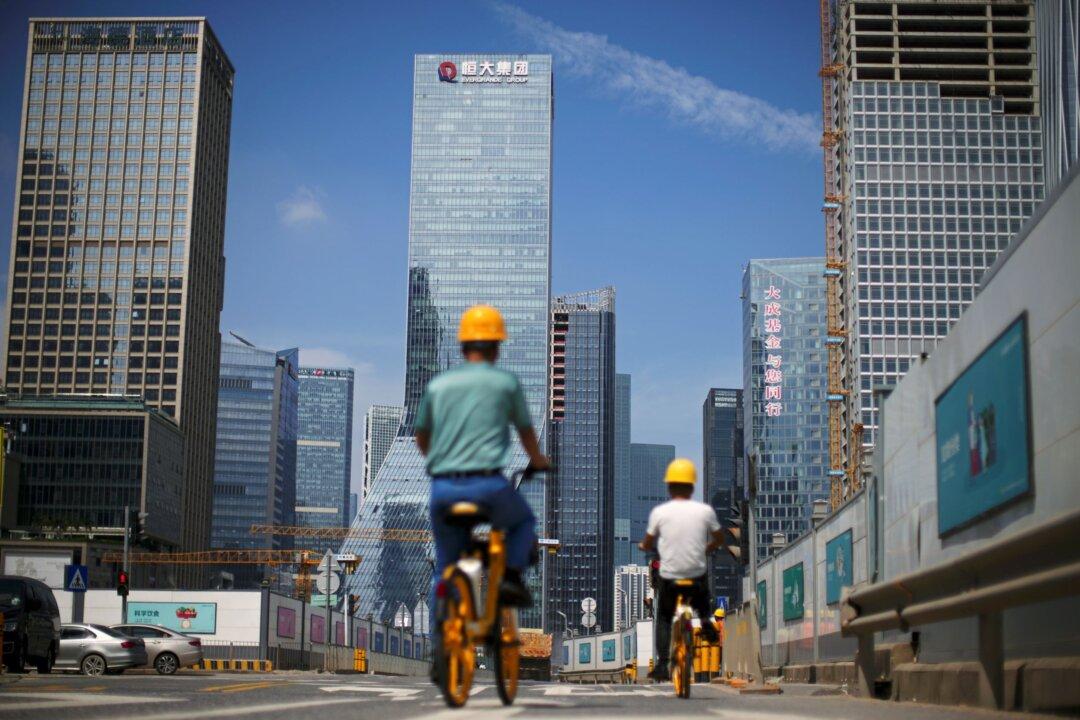Troubles in China’s property sector are beginning to surface after more developers joined Evergrande’s debacle and are also struggling to pay their debts.
“If Evergrande goes down like this, then I believe this is the domino,” said a Taiwan-based financial expert, as the housing bubble is pushing the property giant to the brink of collapse.




